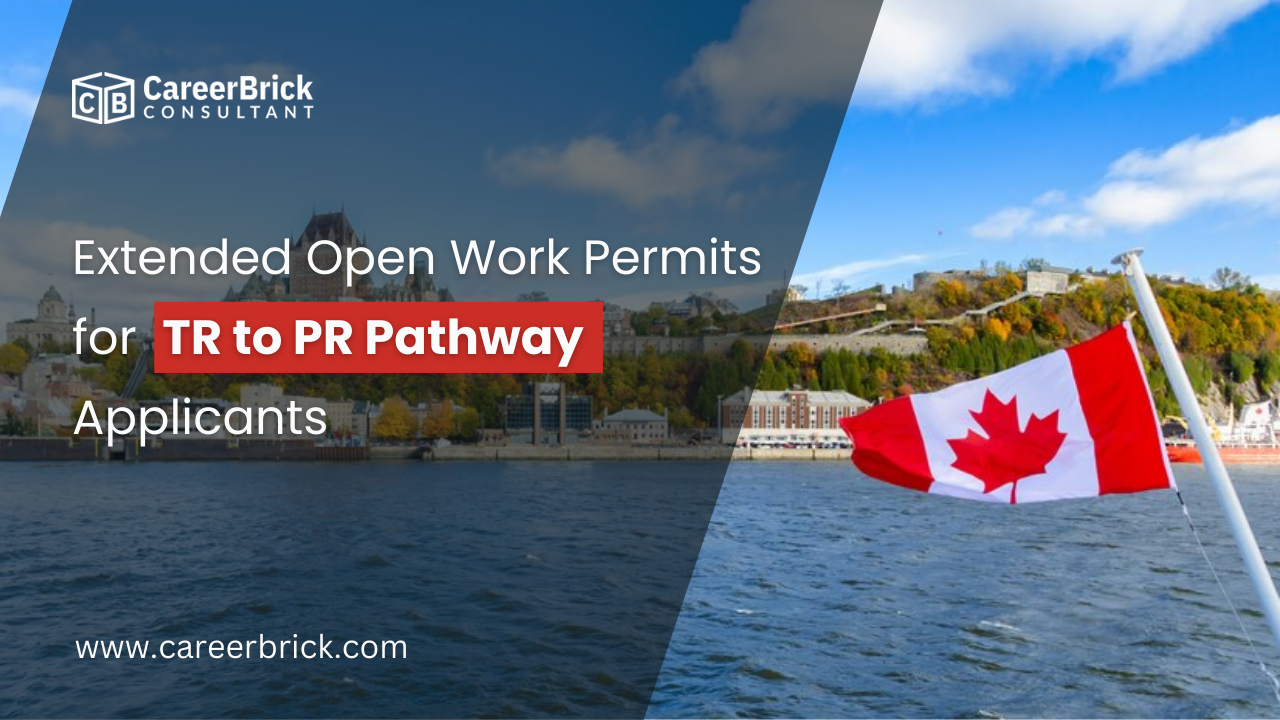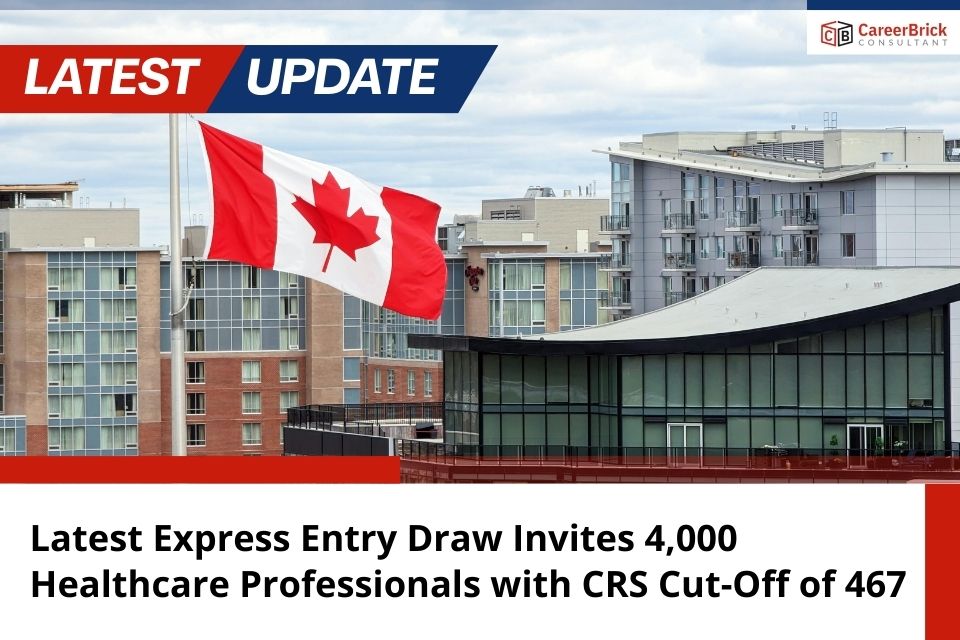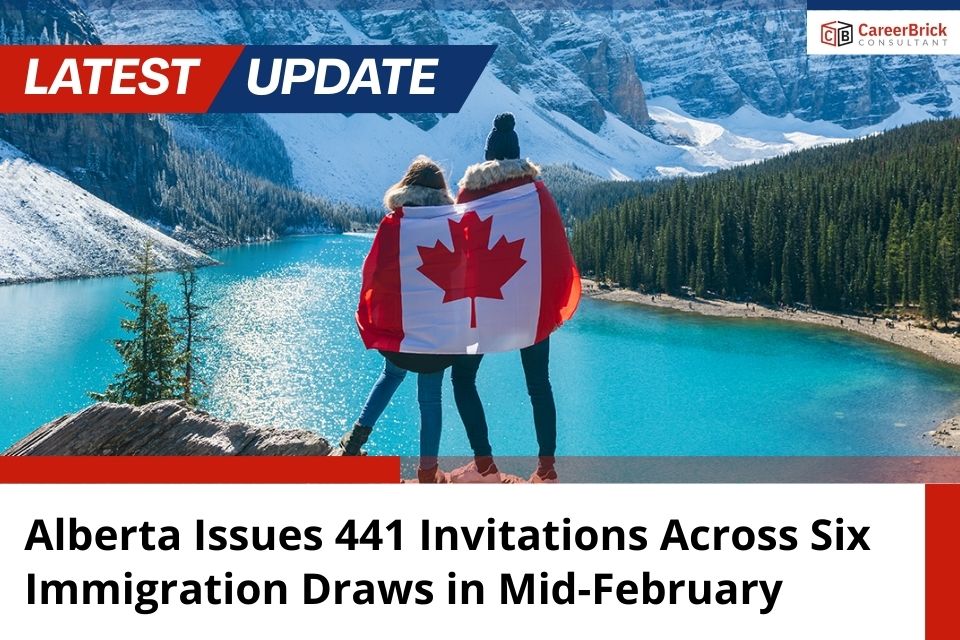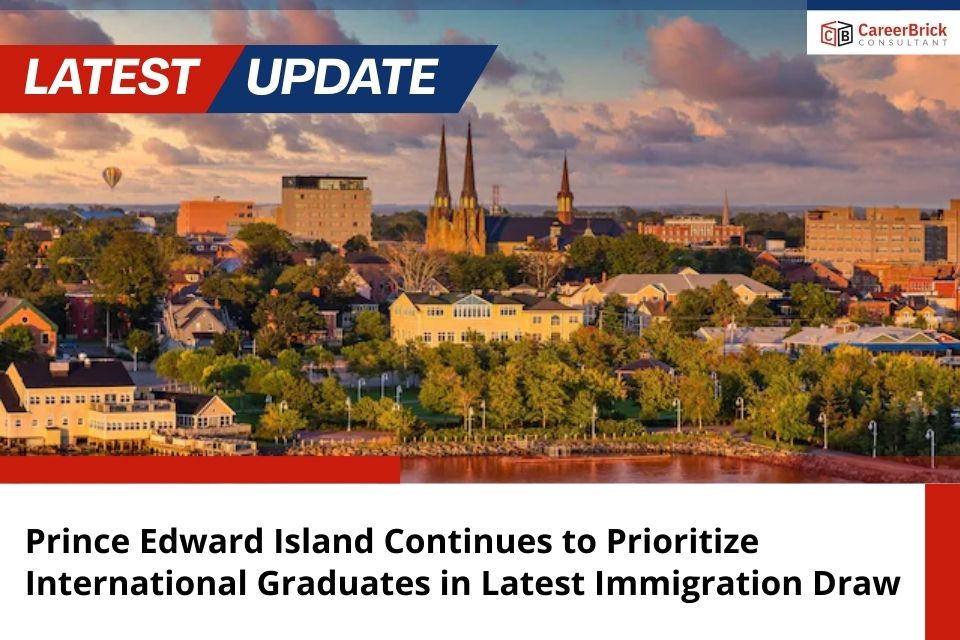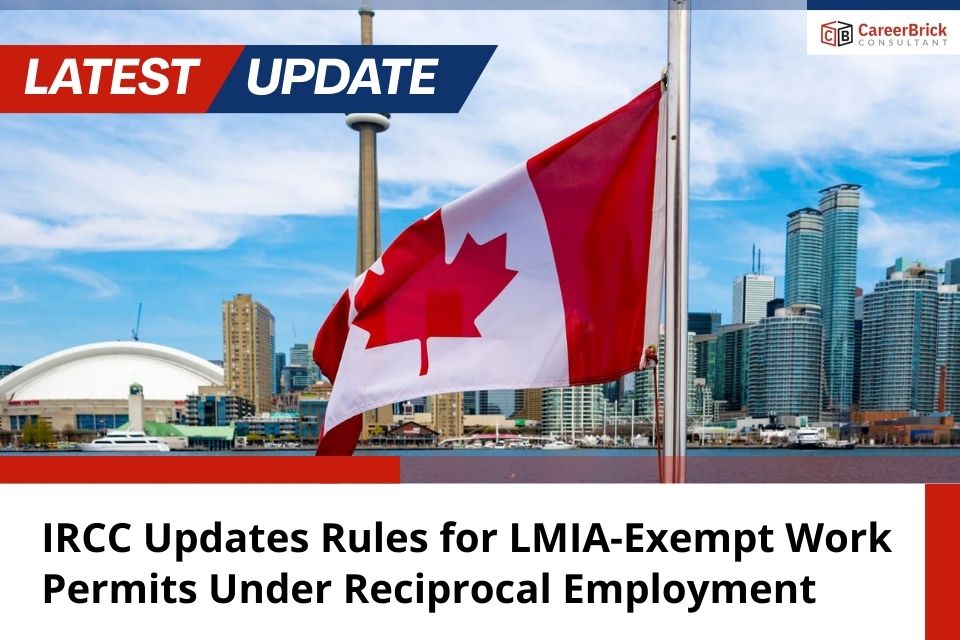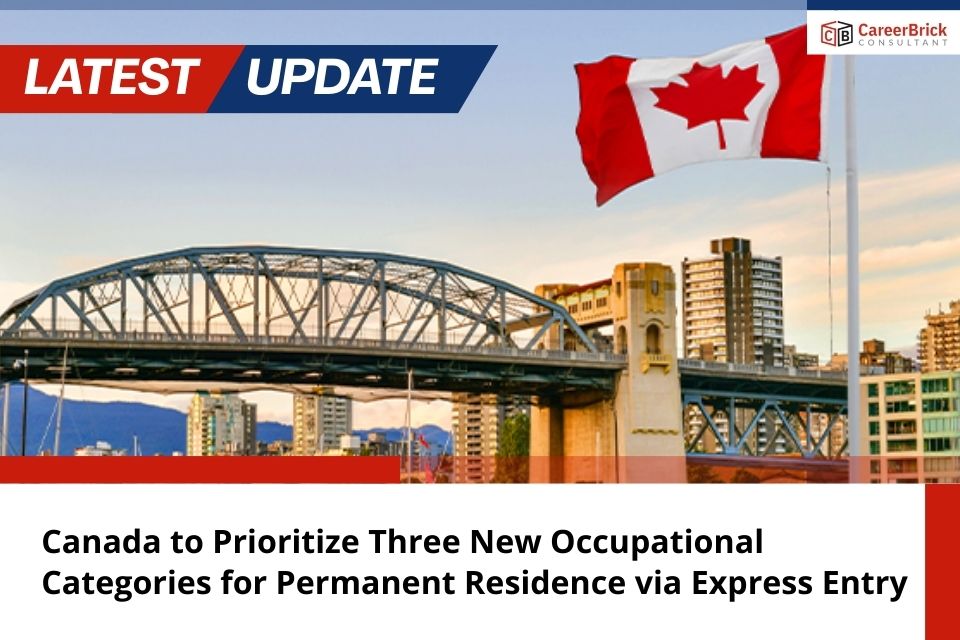Immigration, Refugees and Citizenship Canada (IRCC) has extended its temporary public policy, enabling applicants transitioning from temporary resident (TR) to permanent resident (PR) status to obtain longer open work permits (OWPs) while their PR applications are being processed.
This policy also covers spouses, common-law partners, and dependent children of principal PR applicants, allowing them to apply for OWPs.
The temporary public policy has been extended until December 31, 2026.
Overview of the TR to PR Pathway
The TR to PR pathway was a time-limited immigration program designed for foreign workers with experience in essential occupations, health services, or recent graduates from Canadian post-secondary institutions to apply for PR. Although this pathway closed in 2021, applicants still in process can continue benefiting from the extended OWP policy.
Applicants who have received an Acknowledgement of Receipt (AOR) from IRCC, along with valid language test results and proof of authorized work, are eligible to apply for an additional OWP until the end of 2026.
Eligibility Criteria for PR Applicants to Apply for an OWP
To qualify for an OWP under this policy, principal PR applicants must:
- Hold temporary resident status (including maintained status) or be eligible to restore their status.
- Possess a work permit with less than four months of validity remaining at the time of application, if applicable.
- Submit their OWP application online through an IRCC secure account under this public policy.
- Specify the PR public policy initially applied under as part of the TR to PR pathway.
- Have held legal work authorization* and achieved a specific language proficiency** on an IRCC-approved test when applying for PR.
- Provide email confirmation from IRCC that their PR application was received and fell within the policy cap; or have a letter from the Client Support Centre (CSC) for alternative formats.
- Ensure their PR application has not been withdrawn or rejected before applying for this OWP. Only applicants with applications currently in process will be considered.
*Legal work authorizations include:
- Valid work permits
- Authorization to work under public policies
- Authorization to work under section R186 of the regulations
Specific levels of language test results are as follows:
| Stream | Minimum language requirement |
|---|---|
|
Workers in Canada: Health care and Workers in Canada: Essential non-health care |
Canadian Language Benchmark (CLB) or Niveaux de Compétence Linguistique Canadiens (NCLC) level 4 in either English or French. |
|
International graduates from a Canadian institution |
CLB/NCLC level 5 in English or French. |
|
French-speaking workers in Canada: Health care and French-speaking workers in Canada: Essential non-health care |
NCLC level 4 in French. |
|
French-speaking international graduates from a Canadian institution |
NCLC level 5 in French. |
Temporary public policies outlining how applications can meet eligibility requirements under this extension policy are available on the IRCC website.
Work permit holders applying for an open work permit (OWP) under this policy are required to pay the work permit processing fee, but are exempt from the open work permit holder fee typically associated with OWP applications.
Eligibility Criteria for Family Members to Receive an OWP under this Policy
Family members of principal applicants (as defined below) may qualify for an open work permit (OWP) under this policy if they meet the following conditions:
To be eligible for an OWP, family members of the principal applicant must:
- Submit an OWP application online through an IRCC Secure Account and include the Unique Client Identifier (UCI) of the principal applicant in their application.
- Be in Canada when submitting their work permit application.
- Be a genuine family member of the principal applicant, including:
- A spouse or common-law partner.
- A dependent child* of the principal applicant or their spouse/common-law partner.
- A dependent child of a dependent child.
- Be listed as an accompanying family member in the principal applicant's PR application.
- Be 18 years of age or older at the time of submitting the work permit application.
- Have valid temporary resident status or be eligible to restore their temporary resident status if they are in Canada when submitting their application.
*For Canadian immigration purposes, a dependent child is defined as:
- Under 22 years of age; and
- Not married or in a common-law relationship.
Children aged 22 or older may qualify as "over-age" dependents if:
- They have relied on their parents for financial support since before turning 22, and
- They cannot financially support themselves due to a mental or physical condition.
If the principal applicant's PR application is rejected, IRCC will also refuse all associated work permit applications.
